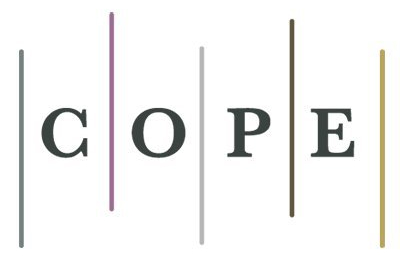Public action and cooperative intelligence for the development of healthy and sustainable territories in the Anthropocene
Keywords:
territorial development, anthropocene, health, 2030 Agenda, Federal DistrictAbstract
Social technologies have great transformative social power and can function as tools for empowering communities and as great allies in the territorial development strategy in the Anthropocene, in which the socio-natural relationship is inseparable, evidenced by the reflection of the environmental framework on social vulnerabilities. In this sense, we examined the application of the Territorial Future Intelligence Methodology (Territorial Ifuture) by the Territory Radar project in the territories of Sol Nascente and Pôr do Sol, communities with a high degree of inequality in the Brazilian Federal District, with the 2030 Agenda as a structuring element. Based on actor-network theory, we seek to answer how the social technologies produced could contribute to empowerment and territorial development as a way of facing the problems of the Anthropocene. Based on a collective construction, social technologies were appropriated by communities, forming transversal and participatory public action instruments that strengthen actors integration and articulation, in addition to guiding decision-making processes in a collective way, enhancing the search for solutions to problems in promoting the development of healthy and sustainable territories in an inclusive, fair and democratic way.
Downloads
Downloads
Published
How to Cite
Issue
Section
License
This work is licensed under a Creative Commons Attribution 4.0 License.
The O&S adopts a Creative Commons Attributions License 4.0 in all published works, except where specifically indicated by copyright holders.





